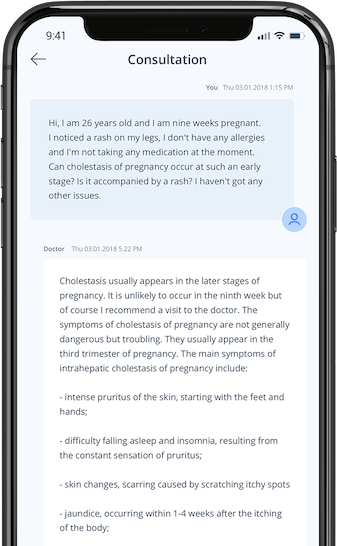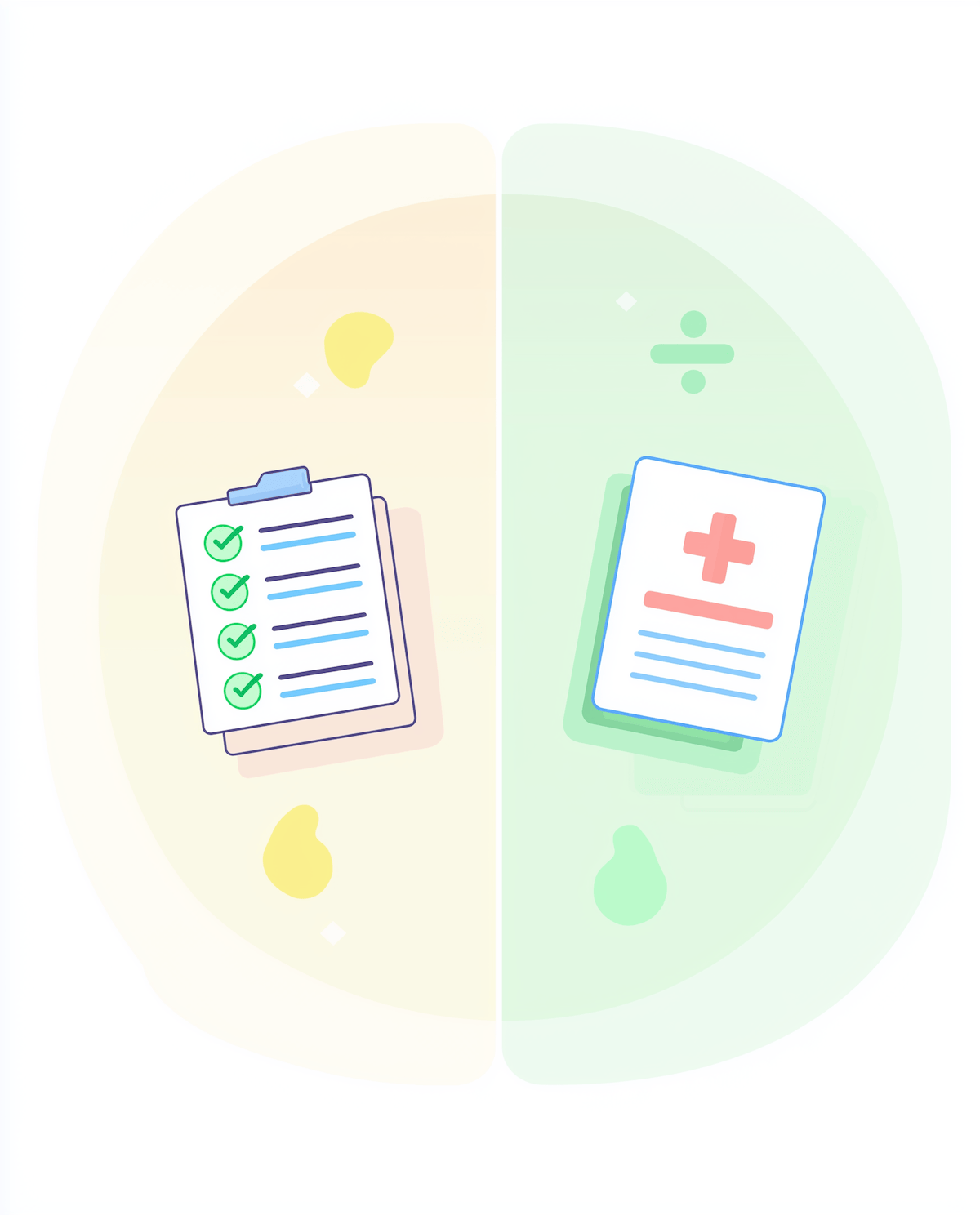What are EMR and EHR systems?
EMR - (Electronic Medical Record) is a digital version of the patient file for a single institution. The EMR includes the patient's medical history, diagnosis and treatments performed by a particular doctor, nurse, specialist, dentist, surgeon or clinic.
The advantages of EMR over paper documentation are:
- the ability to track data over time,
- reminders regarding patient screening and preventive examinations,
- improving the quality of health care by reducing the number of mistakes.
EHR - (Electronic Health Record) is also a digital version of the patient's file, but much more accessible. Electronic health registers in this case can be made available to other medical facilities, so that authorized persons will be able to immediately gain access to extensive patient's medical records.
Advantages of the EHR system:
- updating documentation in real time,
- full documentation, which may contain both parameters (e.g. blood pressure) and laboratory results, allergies or imaging results - X-ray, CT, MR.
- enables the use of medical data from various specialists, in laboratories, imaging facilities, pharmacies, ambulance units, as well as abroad.
Both EMR and EHR are designed to improve the course of a visit to the doctor, as well as meet patient requirements related to accelerating visit registration etc.
In Poland, a considerable amount of time during medical consultations is occupied by completing medical records, which means less attention is given to the actual problem the patient comes in with and the solution the doctor is able to provide. Each additional minute your doctor is able to devote to your illness can speed up treatment. In this case, EMR and EHR systems come to the rescue, they effectively minimize the time the doctor spends filling out the documentation.
Key features of the above systems:
- they are a secure archive of patient documents (such as: medical history, observations, interviews, parameters - blood pressure, vaccinations, medications taken, etc.),
- all of the information about a given patient is in one place,
- the readability of the documentation increases significantly, which reduces the risk of errors,
- easier access to information makes prescribing medicines safer,
- they avoid redundant tests that may have been done in the past,
- they enable a user-friendly presentation of medical data,
- thanks to modern search mechanisms, they allow easier access to desired information,
- they ensure the security of patient records by encrypting data.
What makes EHR different?
While EMR is the digital version of the traditional paper documentation with limited functionality, the electronic patient record allows access not only in the facility where a given part of the documentation is created, but wherever it is needed (regardless of whether it is a private or public facility, out-patient or hospital).
This solution significantly facilitates the work of doctors and medical staff, saving them time on unnecessary formalities and giving them the opportunity to make a better diagnosis. The doctor, based on information about the patient's medical history available in the EHR system, can help a person who goes to the hospital unconscious or who misses information that is crucial from the diagnosis point of view in a faster and more effective way. Importantly, it is also possible to consult and evaluate the test results with another doctor, regardless of where they are at any given moment.
Comparison of both systems
| Feature | EMR | EHR |
|---|---|---|
| creating and updating patient records | + | + |
| tracking medical history | + | + |
| laboratory data | - | + |
| results of imaging tests | - | + |
| demographics | - | + |
| data exchange between establishments | - | + |
| integration with other suppliers' systems | - | + |
Information on the importance of life
In the 21st century, the development of modern technologies could not bypass the medical sector. Telemedicine solutions available today, allowing the monitoring of a patient's condition around the clock, contribute to the collection of huge amounts of data to which the lack of access would be a waste of the potential of the techniques used. That is why EHR systems play such an important role in protecting everyone's health. In random situations, data stored in these systems, available at any time, can contribute to saving health or life. Blood type, patient's illness (e.g. type 1 diabetes or type 2 diabetes), as well as allergies are at a premium. They allow you to make faster decisions due to the lack of the need to perform redundant tests.
Which system is better?
Despite the evident answer that an EHR system gives us much greater possibilities, when choosing a system for the digitization of medical records, one should think about current needs. For economic reasons, the EMR system is better - it’s much cheaper, hence it is used in most branches in Poland. It is worth remembering, however, that both systems introduce huge, beneficial changes in health care, increase the efficiency of medical facilities and reduce the costs of modern medicine.
- https://www.medfile.pl/blog/czym-jest-edm
- https://www.comarch.pl/healthcare/artykuly-comarch-healthcare/jak-dziala-system-edm/
- https://www.softwareadvice.com/resources/ehr-vs-emr-whats-difference/
- https://www.usfhealthonline.com/resources/key-concepts/ehr-vs-emr/
- https://www.youtube.com/watch?v=SJ2WVW0IKRg








